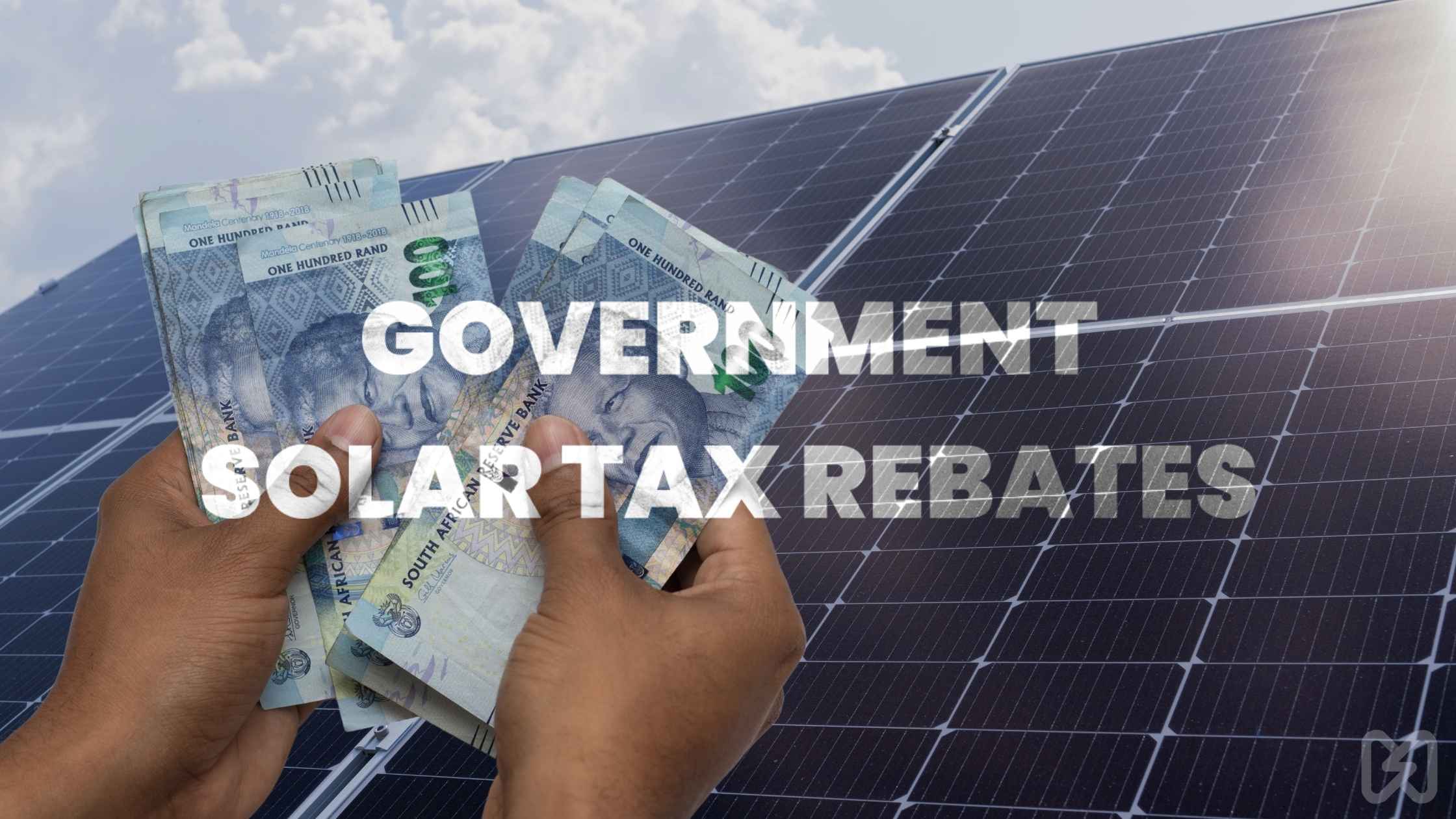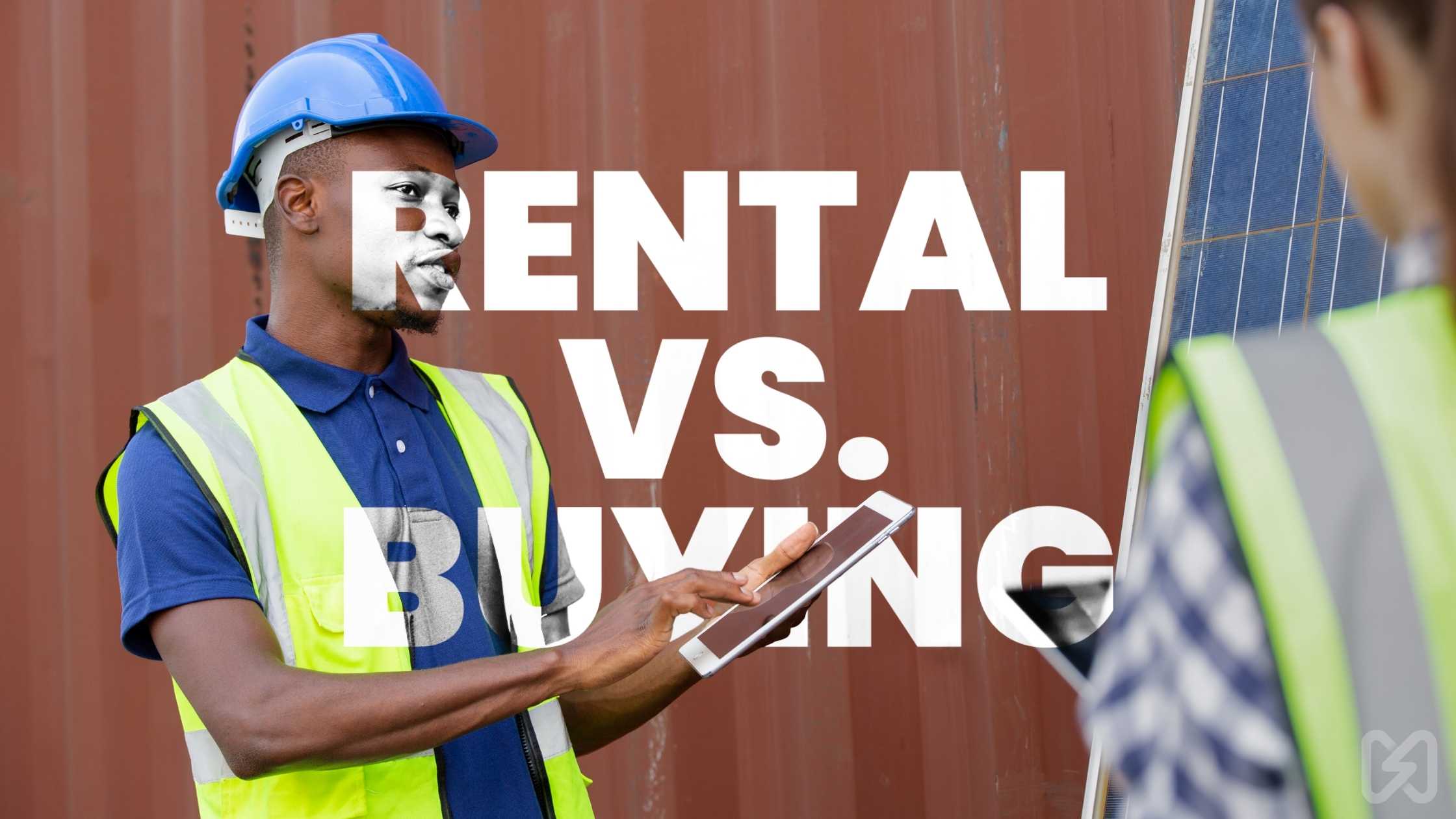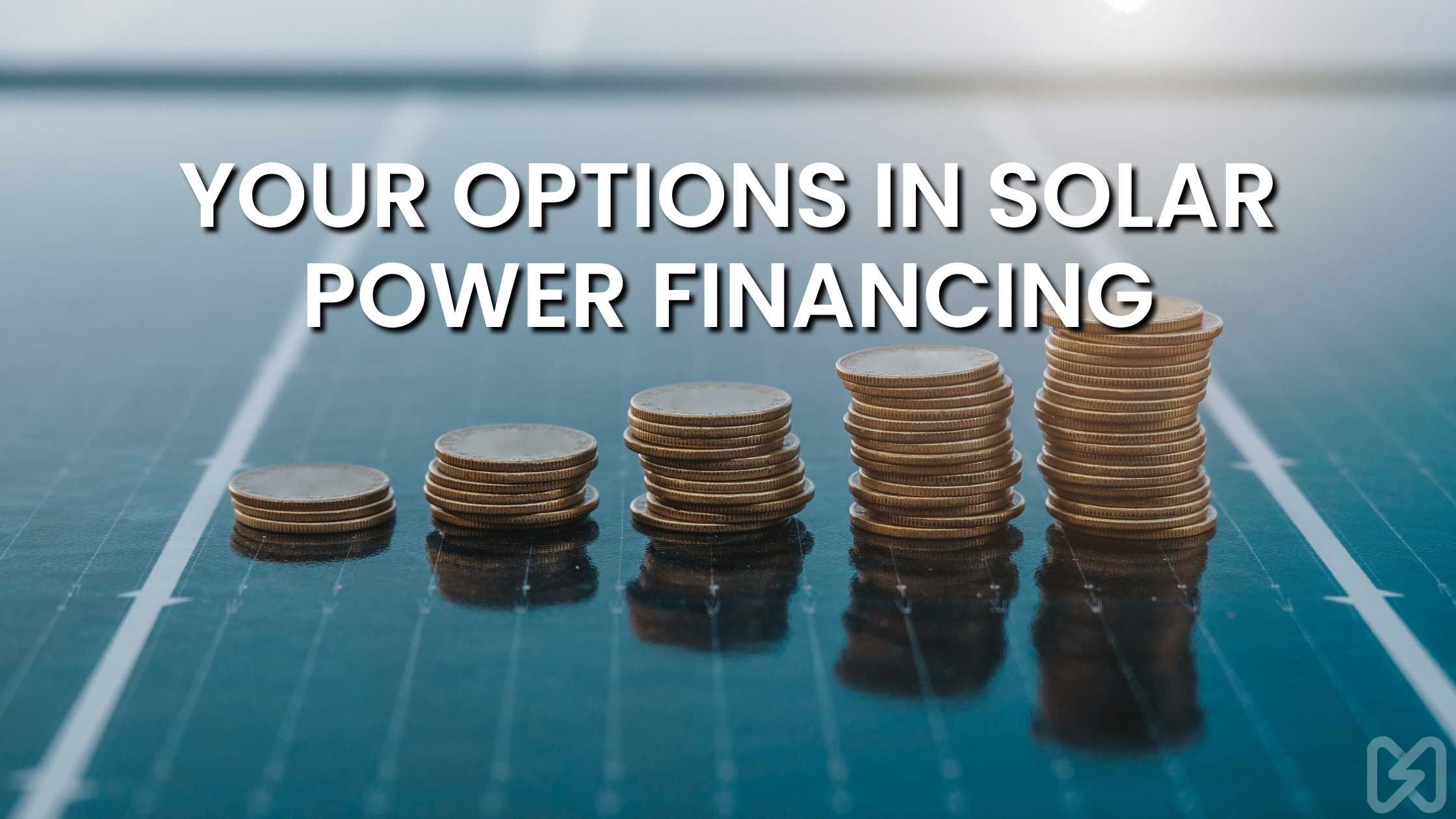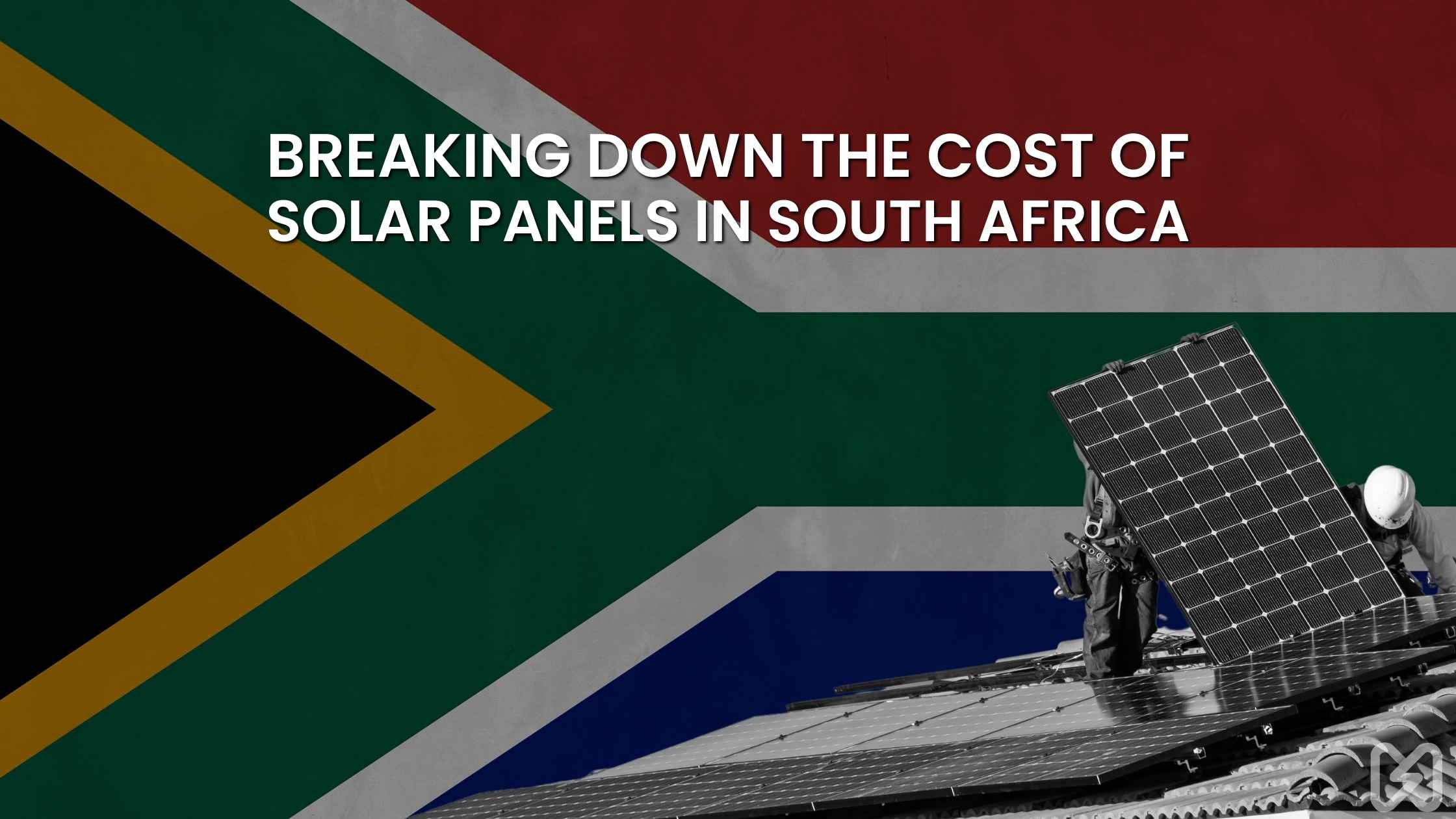Our Process: From Site Analysis to Wheeling Agreement Approval
We begin with site feasibility and load evaluation. Our engineers assess the potential to supply energy from a remote generation site to one or more consumption sites. We work with regulatory stakeholders to finalise the wheeling agreement. Our team also ensures proper alignment with the local supporting state utility and Eskom’s procedures. This includes technical documentation and compliance with grid standards. Our role is to simplify the approval process while keeping your project on track.




